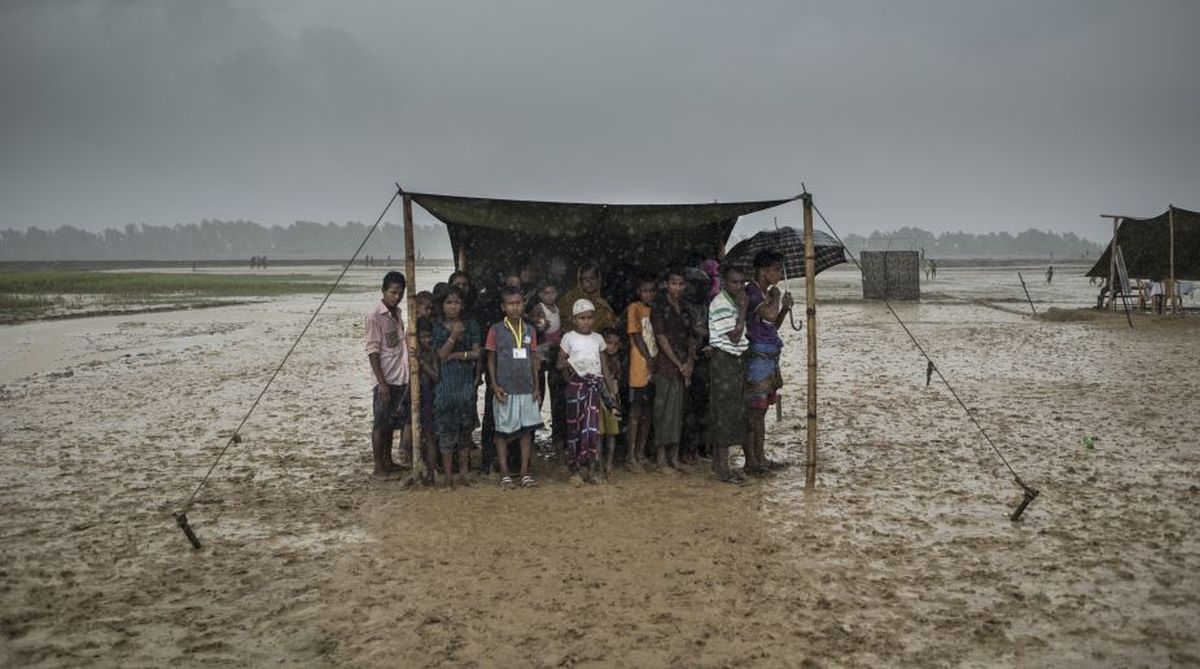From Iran to Myanmar, the United States of America has effected a stern tightening of the economic screws. After a bout of unsplendid isolation during the long years of Aung San Suu Kyi’s incarceration, the authorities in Naypidaw, albeit “elected”, will have to contend with the latest cache of sanctions that were imposed last Friday.
More accurately, the sanctions are not exactly against the dispensation per se. And yet these can be deemed significant as the reprisal targets military and police commanders and two military units for their almost calculated failure to check the relentless human rights abuses against the Rohingyas.
Advertisement
Quite clearly, the Treasury Department has been as diplomatic as it has been selective. The sanctions call for a freeze of any US assets the individuals in the military hold, a bar on Americans doing business with them, as well as a ban on travel to the US.
Indubitably, the economic offensive has been initiated without a scintilla of effort to engage with the regime in an effort to contain the persecution of the minority Muslims, indeed the “nowhere men” who have been buffetted from shore to shore in their quest for hearth and home.
The squalor on the Bangladesh border has been so revolting and the absence of rehabilitation so incredibly astonishing that the Rohingyas are loath to return to Myanmar.
If aimed at a section of the repressive regime, the sanctions are the toughest US action thus far in response to Myanmar’s crackdown on the Rohingya minorities. It had started last year and has driven more than 700,000 people to Bangladesh, not to forget the hundreds of thousands who have perished.
For all that, the administration of Mr Donald Trump has rather deftly left the helm of Myanmar’s military unscathed. No less crucially, White House has stopped short of calling the anti-Rohingya offensive a crime against humanity, the worst form of ethnic cleansing, or even genocide.
Ergo, there is a striking difference in the US response, as articulated by the Secretary of State, Mike Pompeo, and the UN’s robust denunciation of what it calls “ethnic cleansing”.
Friday’s sanctions would appear to be integral to the larger investigation by the Treasury department and financial intelligence into the atrocities perpetrated by the Myanmar authorities.
Towards that end, the findings are scheduled to be released very shortly. Designated units have been set up to “oversee this horrific behaviour as part of a broader US strategy to hold accountable those responsible for such wide-scale suffering”.
It is rather intriguing that the US authorities have been muted in its response to the role of Myanmar’s purportedly civilian government ~ altogether a puppet on the military string.
Nor for that matter has Washington questioned Suu Kyi’s silence on the repression. This was the least that was expected of the Trump administration in its dealings with the State Counsellor, once hailed as the lodestar of democracy.











